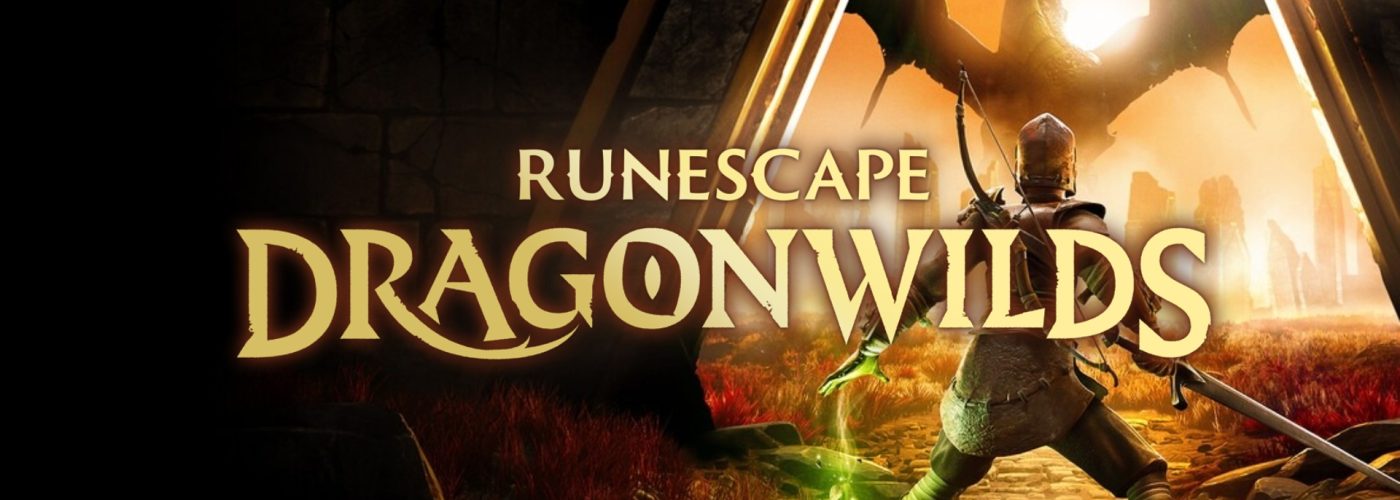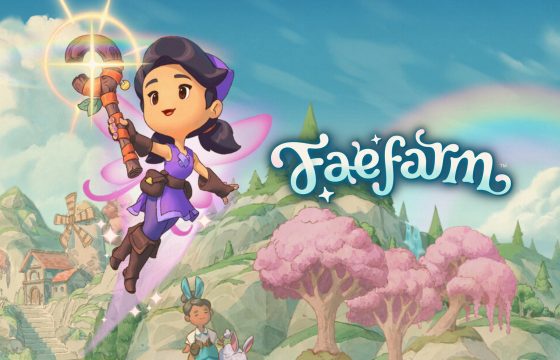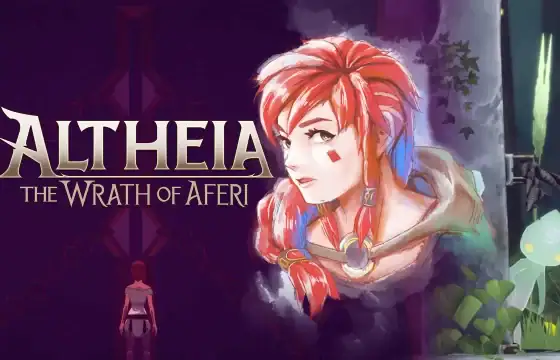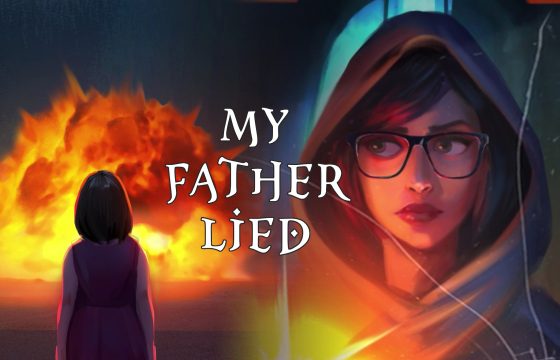RuneScape: Dragonwilds is a survival RPG with crafting and magic, set in the narrative universe of RuneScape, developed and published by Jagex Ltd. Released in Early Access on Steam on April 15, 2025, the game introduces a new setting, the continent of Ashenfall, where ancient dragons begin to awaken, and the player must survive, explore, and fight to build a shelter in a hostile world. The title also supports co-op play for up to four players.
The idea is fascinating: a more “mature” RuneScape, with environmental and magical challenges, dynamic combat, and resource management. But the execution, at least for now, leaves much to be desired.
Survival is a Challenge
The first thing you’ll notice in RuneScape: Dragonwilds is that every action consumes the yellow bar we’ll conveniently call stamina. And we’re not just talking about running or fighting: even casting spells, jumping, dodging, interacting with objects, or moving through rough terrain drains your energy. When your stamina runs out, you’re completely defenseless. You can’t run, can’t attack, can’t cast spells. Basically, you’re already dead.
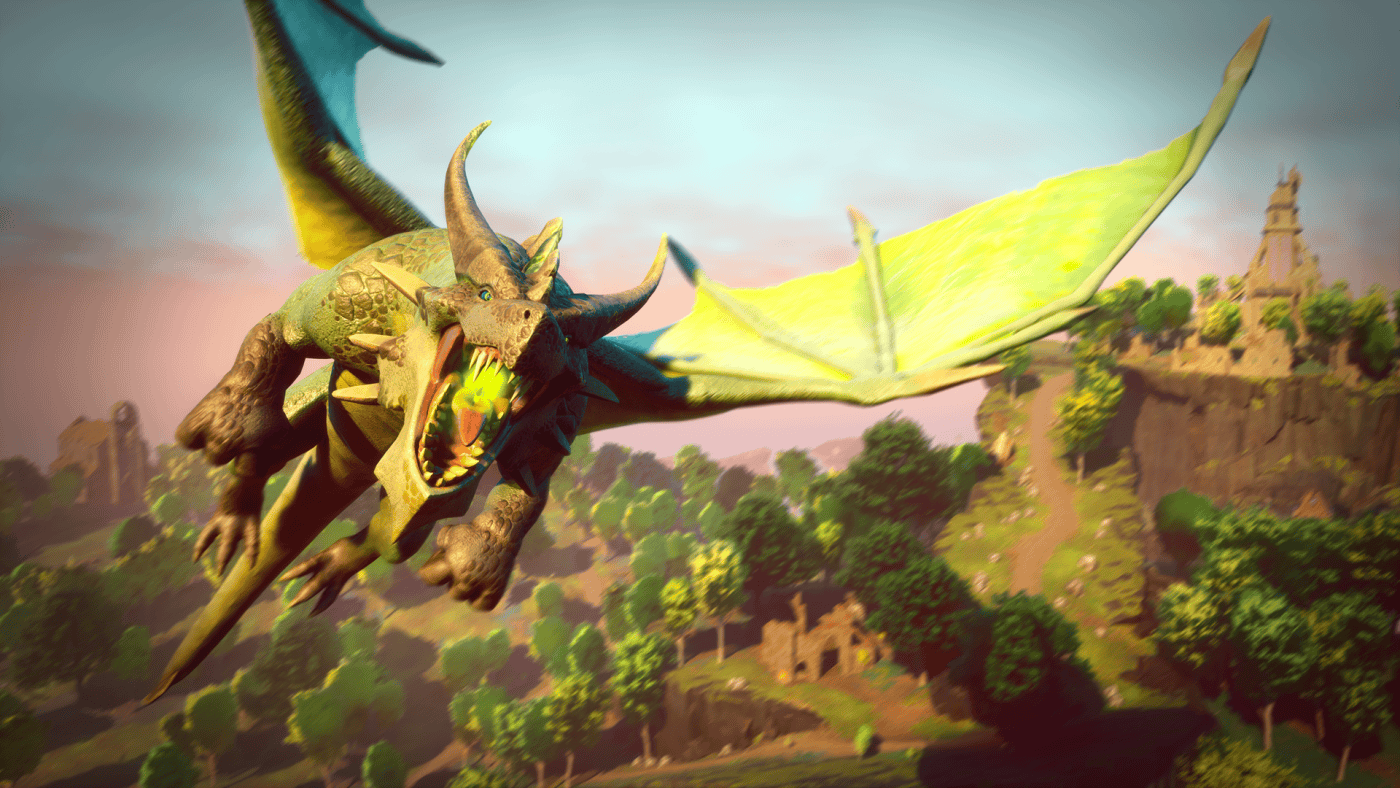
This system doesn’t mesh well with an environment that constantly gets in your way: even a small obstacle on the ground can stop you, making it nearly impossible to escape from enemies or dragons. The game offers no adjustable difficulty levels, and every death is extremely punishing, you lose everything except your clothes, and the only way to recover your loot is to return to your “corpse,” which is, of course, surrounded by monsters. The result? A mechanic that offers little reward and heavy punishment, turning every mistake into a frustrating experience.
Runic Magic: Good Ideas, Undermined by Limits and Restrictions
One of the most intriguing features on paper is the runic magic system, which adds theoretical depth to the gameplay. There are two types of magic: “universal” magic, accessible to all players, and “staff” magic, reserved for those who use a magical staff as their primary weapon.
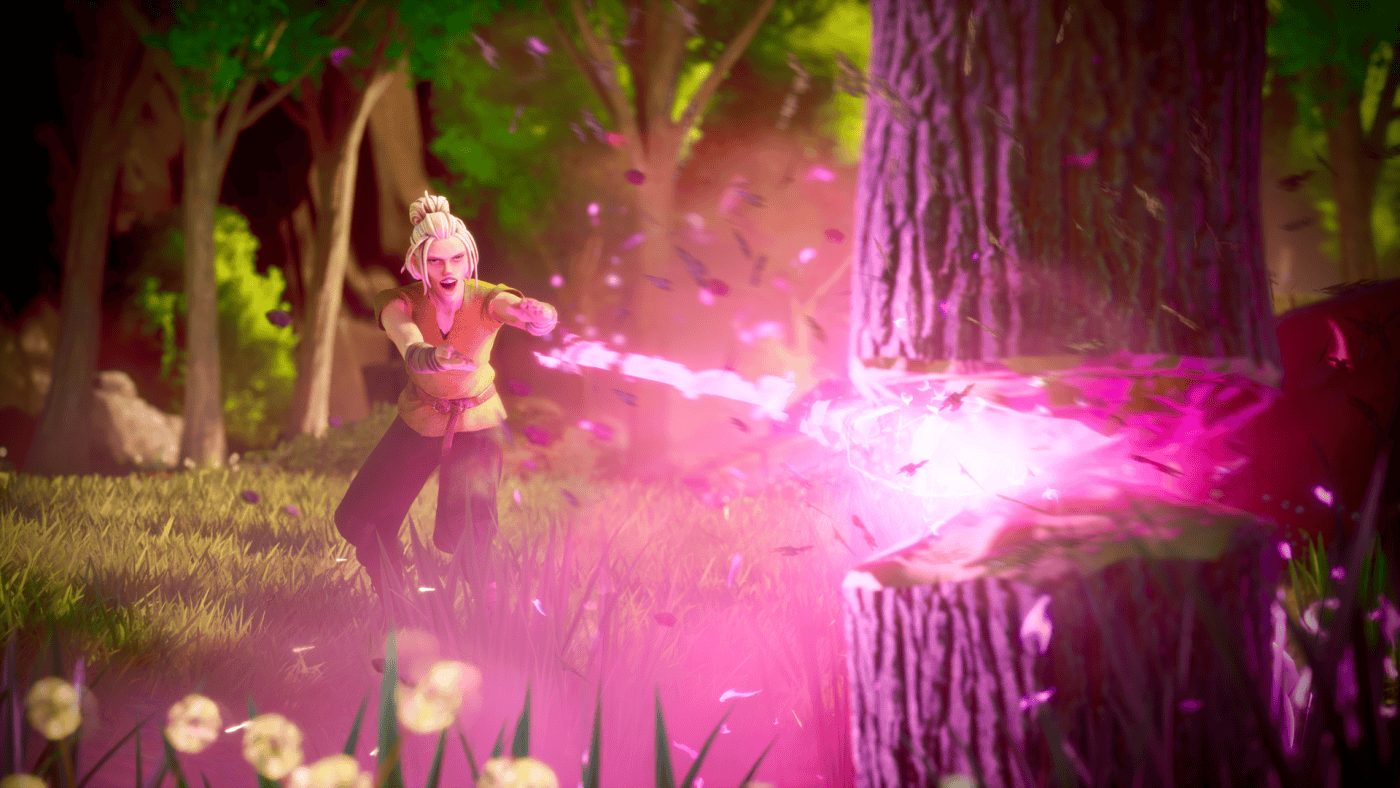
Universal spells allow you to jump higher, repair items without using materials, create protective shields, and, once upgraded. even cut down trees from a distance. They’re useful for crafting and exploration, but their cooldowns are excessively long, often making them less practical than simply doing things manually.
Advanced spells, on the other hand, require exclusive use of the magic staff. If you switch weapons, they vanish from your repertoire. There are also major limitations: you can only equip three spells at a time, and they must all belong to the same element (fire, air, earth, etc.). This means you can’t, for example, combine a fire spell with an air one. On top of that, casting consumes runes, which deplete quickly, often forcing you to fall back on basic weapons once your magic runs out. The system has potential, but right now it feels rigid, exhausting, and too tied to the core game’s limitations. Additionally, these spells also drain the same stamina bar used for all other actions, making them counterproductive when you’re already tired or trying to escape.
Unbalanced Co-op and Frustrating Events
One of the biggest draws for players was the ability to experience RuneScape: Dragonwilds in co-op, but here too, disappointment follows. Quests are only completed by the player who reaches the objective first: if another player joins but isn’t in the area when the mission finishes, they receive no progress. To allow others to complete it, you have to exit and start a new session, a clunky and counterproductive system for a game meant to be enjoyed as a team.
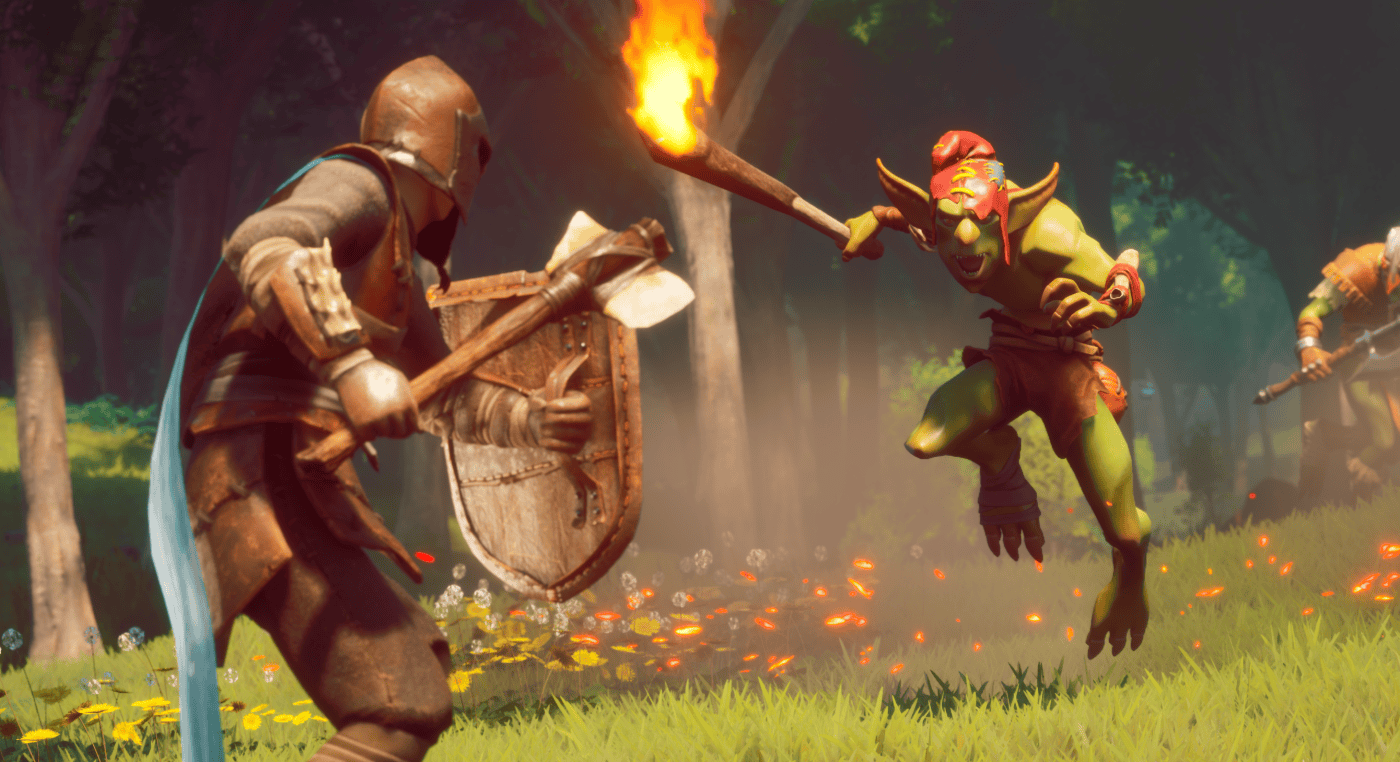
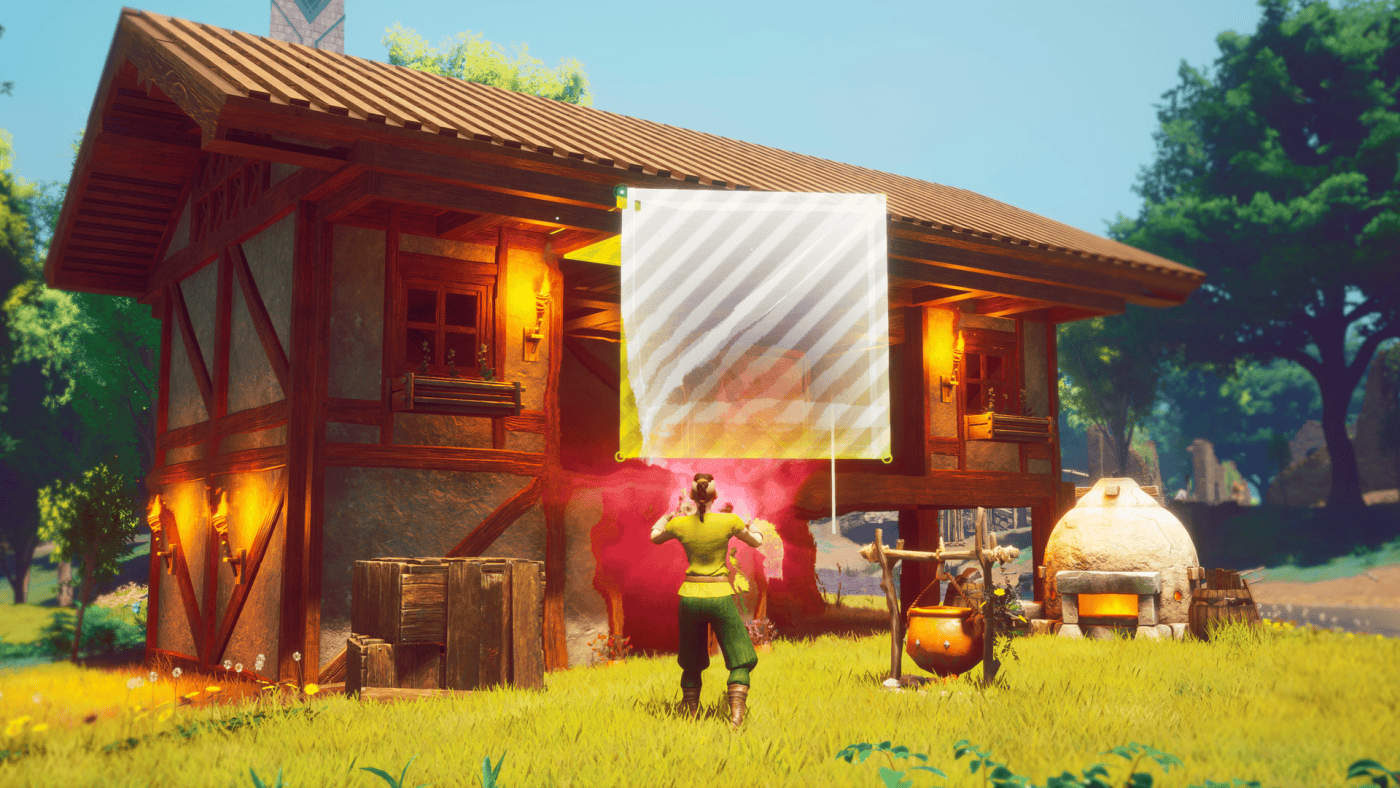
Dynamic events, such as goblin attack waves, aren’t just mechanically frustrating, they’re also poorly timed. They can trigger at the worst possible moments, like right after a tough fight in another area of the map, when you’re far from your base or your inventory is nearly empty. The result is that you’re forced to face a serious threat from a position of extreme disadvantage, with no real chance to plan your defense.
To make things worse, there’s also the hunger-thirst-fatigue cycle, a familiar mechanic in many survival games, but here it’s especially aggressive. Resource management is constant and burdensome: you have to carry large amounts of food and water, and if you don’t rest regularly, your stamina bar shortens significantly, leaving you slower and increasingly vulnerable. In essence, the game asks you to be ready for anything… while denying you the means to do so.
Conclusion
RuneScape: Dragonwilds, available on Steam, is an ambitious project, with intriguing ideas and a potentially rich world. The visuals are clean, the fantasy setting is captivating, and there’s no shortage of concepts, from runic magic to co-op play, from special abilities to advanced crafting. But the execution falls short. The universal stamina system, excessive cooldowns, restrictive spell mechanics, and unbalanced co-op design make the experience feel more punishing than rewarding.
As it stands, Dragonwilds seems tailored to a very specific audience: hardcore survival fans willing to endure structural issues in exchange for future potential. For everyone else, even long-time RuneScape lovers, this is a title worth keeping an eye on, but not quite ready to play.
RuneScape: Dragonwilds
PRO
- Carefully crafted fantasy setting inspired by the world of RuneScape
- Runic magic system with original ideas and practical utility
- Co-op multiplayer support for up to 4 players
CON
- Stamina used for all actions, with overly punishing balance
- Poorly managed quest progression in co-op
- Events and enemy attacks often random and frustrating

